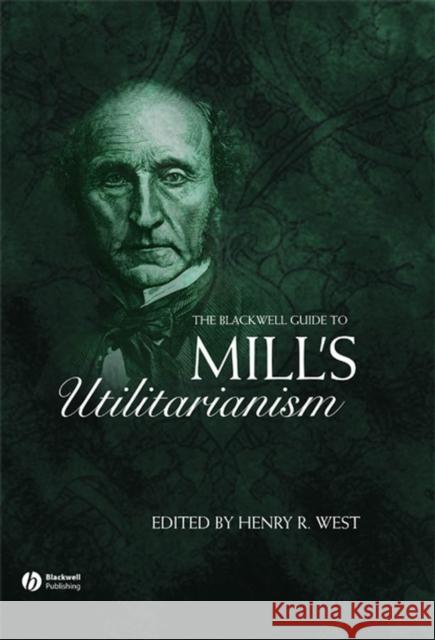Bwell Guide Mill s Utilitarianism » książka
topmenu
Bwell Guide Mill s Utilitarianism
ISBN-13: 9781405119481 / Angielski / Twarda / 2006 / 288 str.
Bwell Guide Mill s Utilitarianism
ISBN-13: 9781405119481 / Angielski / Twarda / 2006 / 288 str.
cena 507,02
(netto: 482,88 VAT: 5%)
Najniższa cena z 30 dni: 503,91
(netto: 482,88 VAT: 5%)
Najniższa cena z 30 dni: 503,91
Termin realizacji zamówienia:
ok. 30 dni roboczych.
ok. 30 dni roboczych.
Darmowa dostawa!
The Blackwell Guide to Mill's Utilitarianism volume is an ideal commentary for students on Mill's classic essay.
- Contains the complete text of Utilitarianism and twelve related essays.
- Essays cover the background to Mill's classic essay, analyses of the arguments, and contemporary debates within the utilitarian tradition.
- Also includes a case study demonstrating the application of utilitarian theory to military or non-violent responses to terrorism.
- Each contribution is an original essay written by a specialist at the cutting edge of philosophical scholarship.











